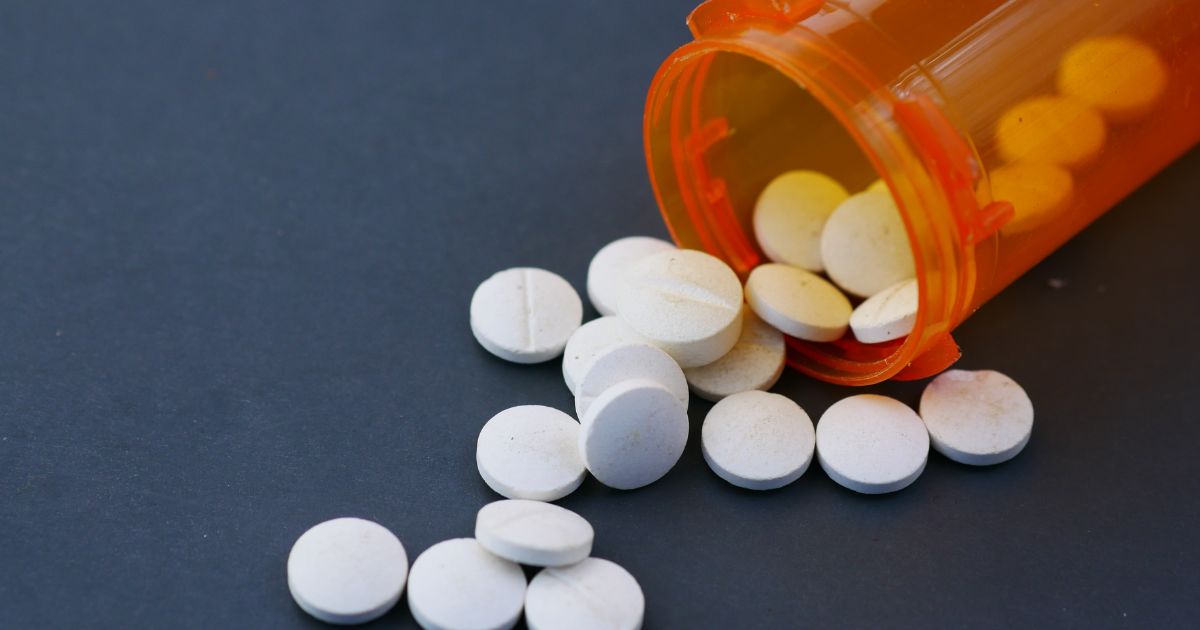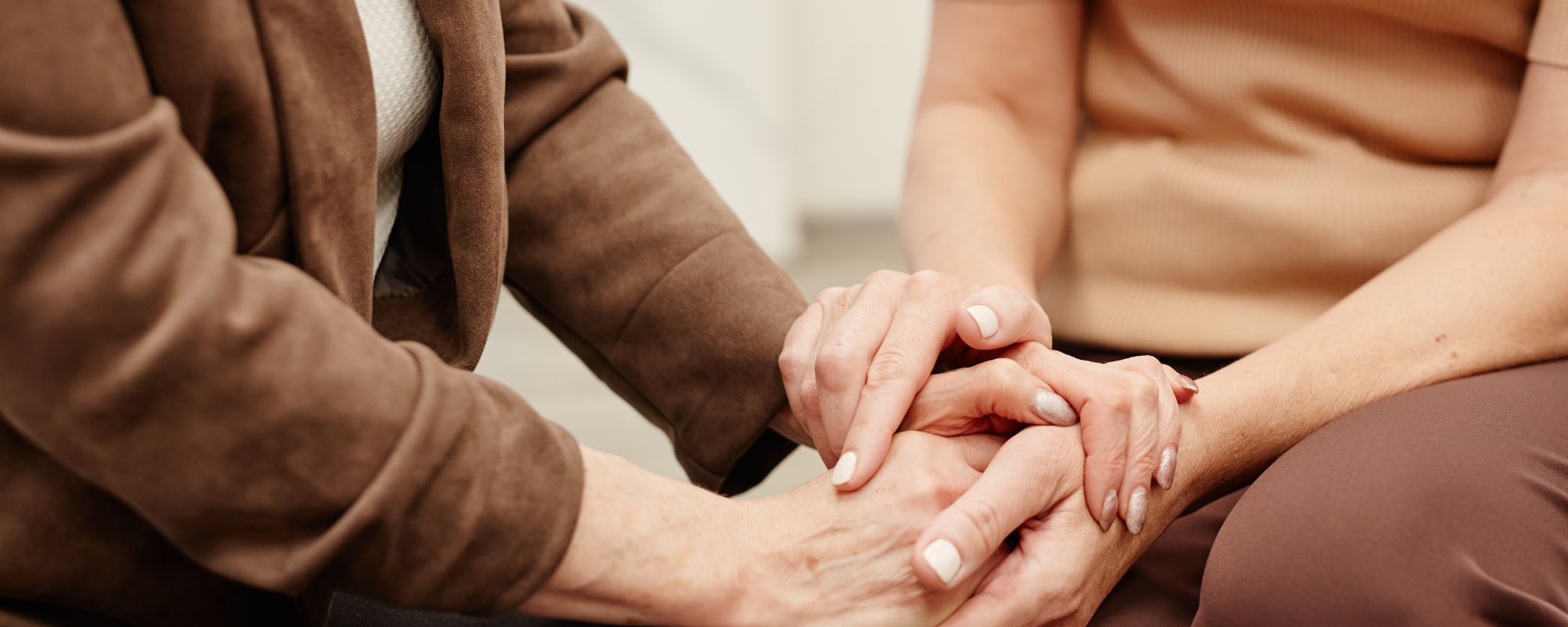In recovery, it is important to take time for self-care. Active addiction often takes the focus off of mental and physical well-being by replacing healthy habits with substance abuse, but it’s easier than you think to incorporate self-care into your daily routine.
The importance of checking in with yourself in recovery
Self-care is one way to manage stress, and stress can often build up in recovery when someone is putting pieces of their life back together and creating new ones. Stressors may include personal relationships, work, finances, health, and any number of other things. Stress management is an important part of self-care and recovery generally, as stress can lead to mood swings, difficulty concentrating, anxiety, and depression— and in the case of addiction, relapse.
To avoid ineffective forms of stress management, like turning to substances, there are a few things that you can do.
How to practice self-care
Take time to yourself. Be weary of isolating yourself, but don’t be intimidated by the idea of spending time alone with just your thoughts. Being comfortable with yourself is essential, though, and learning how to do this will benefit you greatly.
Spend time with others, too. Carve out time to spend with sober friends and family and soak it in. You want to connect with people who you know will be there for you along your recovery journey. It may be difficult, but cut out toxic relationships from your life in favor of these positive bonds.
Take a technology break. Mindlessly scrolling through social media can be good— this is a good way to distract yourself from cravings, for example— but too much technology can cause undue stress and keep you from engaging in activities that might be better for you. You don’t have to cut out technology, but maybe consider reading a book instead of watching a movie.
Treat your body right. Engaging in physical activity is an excellent way to reduce stress and raise endorphin levels, boosting your mood. Regular exercise. can leave you feeling happy and energized, as well as provide physical health benefits, of course. Eating a healthy meal is another way to practice self-care. Poor eating habits, whether under-eating, overeating, or simply eating the wrong kinds of foods, often become the norm in active addiction, so developing a nutritious diet high in vitamins can make a world of difference.
Regular and frequent sleep is also important; lack of sleep can lead to stress and anxiety and make concentrating on tasks difficult. It can also cause irritability.
Try out therapeutic activities. Mindfulness and art therapy are just two ways that you can engage in creative, more non-traditional self-care. Both can help you to manage anxiety and give you an outlet with which to express yourself. Writing or journaling can also relieve stress; simply recording your emotions and reactions on paper can help you to put them into perspective and feel less burdened by them.
Despite how busy you may be with work, recovery, and just daily life, you can always make time for self-care. Remember that self-care is something that should be a regular part of your routine, not something you do every once in a while. Your counselor can even help you design a plan that will incorporate self-care into your routine.
At Royal Life Centers, we understand the importance of self-care in recovery. Our detox and therapy programs are specially designed to treat substance use disorders, and our addiction specialists support guests from detox to outpatient care through a holistic approach to addiction treatment.
We are a network of full-service drug and alcohol medical detox and treatment centers and treat dependence on alcohol, benzodiazepines, cocaine, methamphetamine, and opioids. If you or a loved one has a substance use disorder, we are here. Please reach out to us at (877)-RECOVERY for help or with any questions that you may have about our programs.









